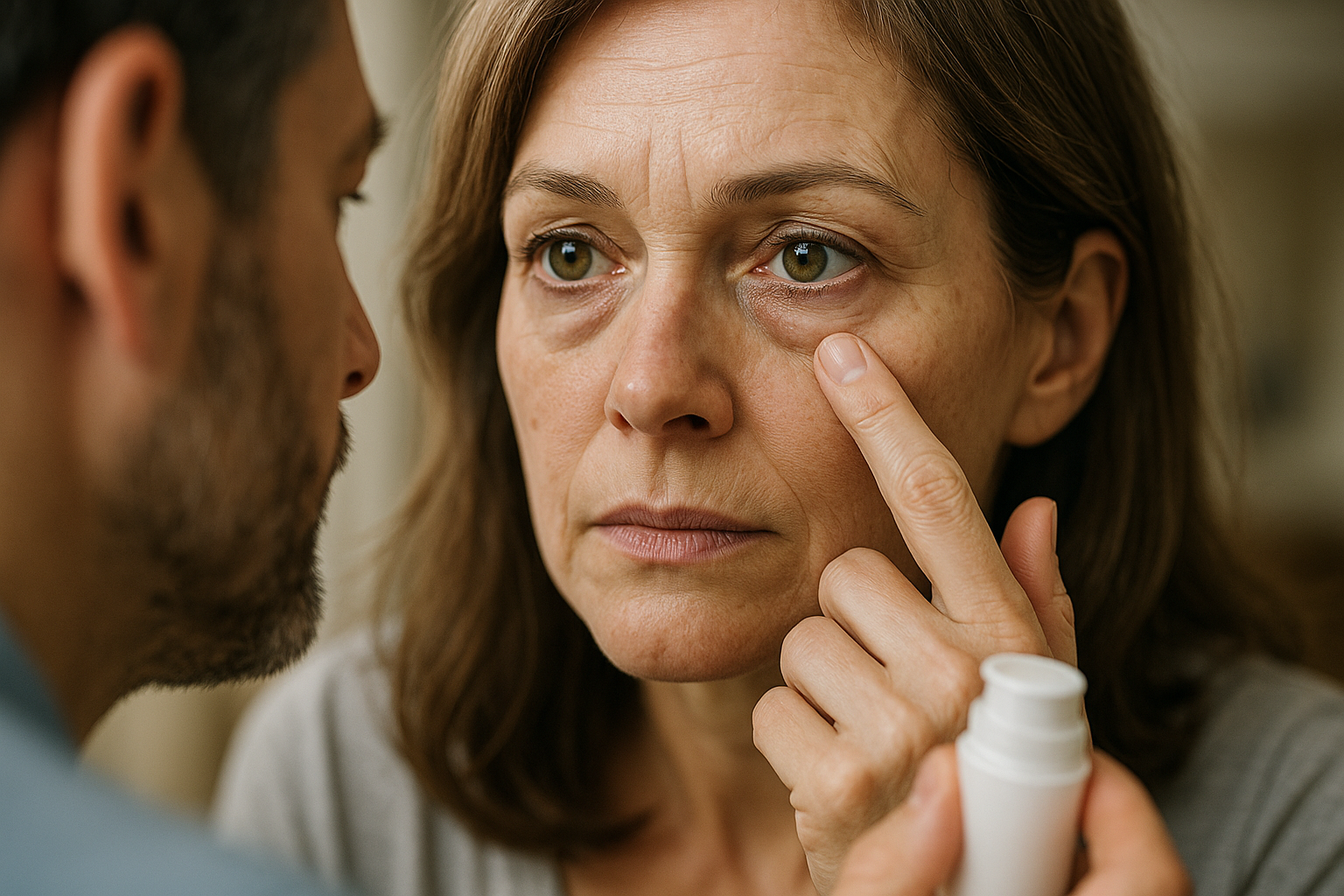5 Easy Ways to Get Instant Relief From Itching in Private Parts
Itching in private parts can be an uncomfortable and embarrassing issue that many people face. Whether caused by irritation, infection, or other factors, the discomfort can significantly impact daily life. This article will explore five effective methods to find quick relief from itching in sensitive areas, along with natural remedies and important dos and don'ts to keep in mind.

What causes itching in private parts?
Itching in the genital area can stem from various sources. Common causes include fungal infections like yeast infections, bacterial infections, skin irritation from soap or detergents, allergic reactions, and sexually transmitted infections. In some cases, underlying health conditions such as diabetes or hormonal imbalances may contribute to persistent itching. Understanding the root cause is crucial for effective treatment and prevention.
How can I get immediate relief from genital itching?
-
Cold compress: Applying a clean, cold compress to the affected area can provide instant relief by reducing inflammation and numbing the skin. Wrap ice or a bag of frozen vegetables in a soft cloth and gently place it on the itchy area for 5-10 minutes at a time.
-
Oatmeal bath: Soaking in a lukewarm bath with colloidal oatmeal can soothe irritated skin and reduce itching. Add 1-2 cups of finely ground oatmeal to your bathwater and soak for 15-20 minutes. Pat dry gently afterward.
-
Baking soda paste: Create a paste by mixing baking soda with a small amount of water. Apply this mixture to the itchy area for quick relief. The alkaline nature of baking soda helps neutralize the skin’s pH and alleviate itching.
-
Aloe vera gel: Known for its soothing properties, pure aloe vera gel can provide cooling relief when applied to itchy skin. Use fresh aloe vera or a fragrance-free, commercially available gel.
-
Cotton underwear and loose clothing: Switch to breathable, cotton underwear and wear loose-fitting clothes to reduce friction and allow air circulation. This can help prevent moisture buildup and alleviate itching.
What are some effective natural remedies for genital itching?
Several natural remedies can offer relief from itching in private parts:
-
Tea tree oil: Dilute a few drops of tea tree oil in a carrier oil like coconut oil and apply gently to the affected area. Tea tree oil has antifungal and antibacterial properties that can help combat infections causing itching.
-
Apple cider vinegar: Add 1-2 cups of apple cider vinegar to a warm bath and soak for 15-20 minutes. The acidity can help restore the skin’s natural pH balance and fight off harmful bacteria.
-
Coconut oil: Apply a thin layer of organic, unrefined coconut oil to the itchy area. Its antimicrobial and moisturizing properties can soothe irritated skin and combat fungal infections.
-
Yogurt: Plain, unsweetened yogurt contains beneficial bacteria that can help restore balance to the genital area. Apply a thin layer topically or consume probiotic-rich yogurt regularly to support overall vaginal health.
-
Chamomile tea compress: Brew strong chamomile tea, let it cool, and use it as a compress on the affected area. Chamomile’s anti-inflammatory properties can help reduce itching and irritation.
What are the dos and don’ts for managing genital itching?
When dealing with itching in private parts, it’s essential to follow these dos and don’ts:
Dos:
-
Keep the area clean and dry
-
Use gentle, fragrance-free soaps
-
Wear breathable, cotton underwear
-
Change out of wet or sweaty clothes promptly
-
Practice good hygiene, especially after using the bathroom
Don’ts:
-
Don’t scratch the affected area, as it can lead to further irritation or infection
-
Avoid using scented products, including feminine hygiene sprays or douches
-
Don’t wear tight-fitting clothes or synthetic materials that trap moisture
-
Avoid using hot water when washing, as it can dry out and irritate the skin
-
Don’t self-diagnose or use over-the-counter medications without consulting a healthcare provider
When should I visit a doctor for genital itching?
While occasional mild itching may resolve on its own, it’s important to seek medical attention if:
-
The itching persists for more than a week despite home remedies
-
You experience severe discomfort or pain
-
There’s unusual discharge, odor, or visible changes in the genital area
-
You have a fever or other systemic symptoms
-
You suspect a sexually transmitted infection
-
The itching is accompanied by bleeding or skin changes
A healthcare provider can properly diagnose the underlying cause and recommend appropriate treatment, which may include prescription medications or further testing if necessary.
How can I prevent future episodes of genital itching?
Preventing future episodes of genital itching involves maintaining good hygiene and making lifestyle changes:
-
Practice proper hygiene: Clean the genital area daily with mild, unscented soap and water. For women, always wipe from front to back after using the bathroom.
-
Choose breathable fabrics: Opt for cotton underwear and loose-fitting clothes to promote air circulation and reduce moisture buildup.
-
Avoid irritants: Use fragrance-free, hypoallergenic laundry detergents and avoid scented personal care products in the genital area.
-
Maintain a healthy diet: Consume probiotic-rich foods and limit sugar intake to support a healthy balance of bacteria in the body.
-
Stay hydrated: Drink plenty of water to help flush out toxins and maintain overall health.
-
Practice safe sex: Use protection during sexual activities and get regular check-ups to prevent and detect sexually transmitted infections early.
By following these preventive measures and addressing any underlying health issues, you can reduce the likelihood of experiencing uncomfortable genital itching in the future.
This article is for informational purposes only and should not be considered medical advice. Please consult a qualified healthcare professional for personalized guidance and treatment.




